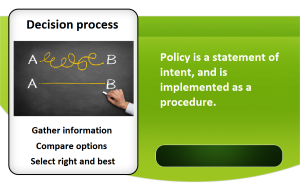Scholarships For The Older Generation
More and more older individuals are choosing to go to college. It is an extremely modern trend that sees a higher number of mature students wanting to attend lectures and obtain a degree than ever before. It is no surprise considering the educational opportunities that are available now were probably not available to them when they left high school ten, twenty or even thirty years ago. Going to university is not a novel concept but it may seem that way to individuals that never had the opportunity. Now that they do have the opportunity, they want to make the most of it!
A mature student may apply to go to college for any number of reasons. It may be that they feel a career change is in order, or that they want to do something for themselves now that their children are old enough to fend for themselves. These are the two most popular reasons why individuals apply to college in their twenties, thirties, forties and even fifties, but what about the financial wrench that their families will experience as a direct result of one less income to deal with when they do attend a campus based university or college? Education would then be their full time pastime, but what of the lost income?
Scholarships For The Older Generation Explained
There is financial aid available for mature students, and only for mature students. This means that you do not have to compete with the general public for grants and scholarships, only people over the age of twenty-five. Some may actually stipulate that the minimum age is thirty, but they are in the minority. There is national, state and college funding available for mature students because the government is dedicated to getting a high number of individuals over a certain age into education as part of their initiative to bring education to the masses. Most colleges and local governments have followed the federal government initiative and recognised that a massive section of the workforce would be neglected if older individuals were not encouraged to apply.
Applications from older individuals usually depend on whether or not the potential student






